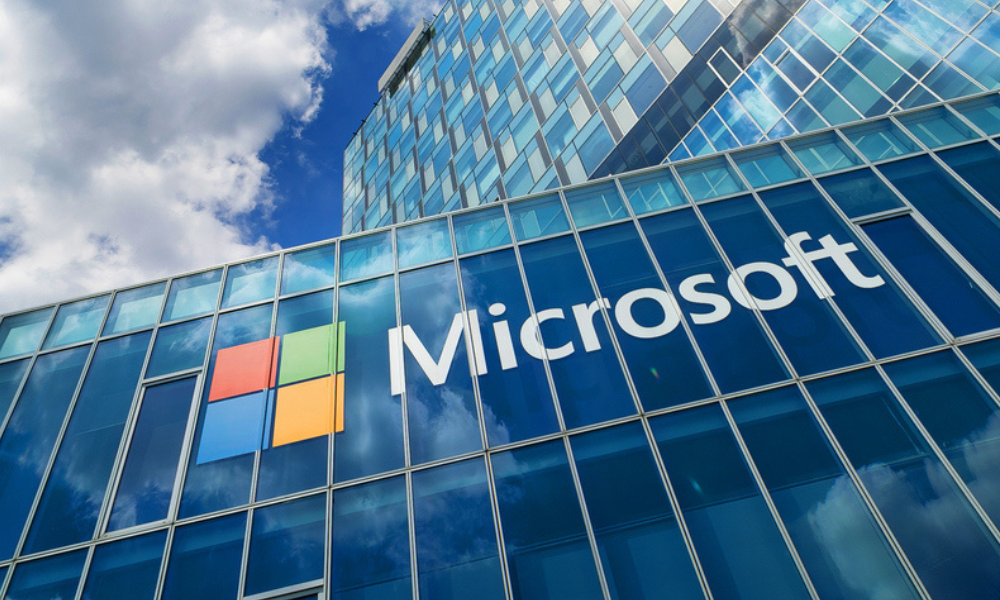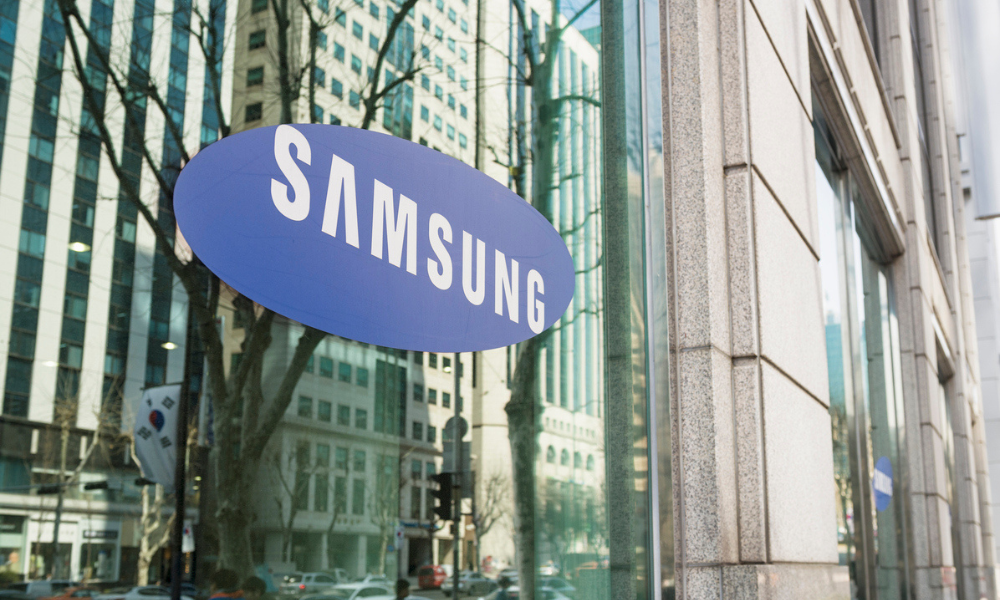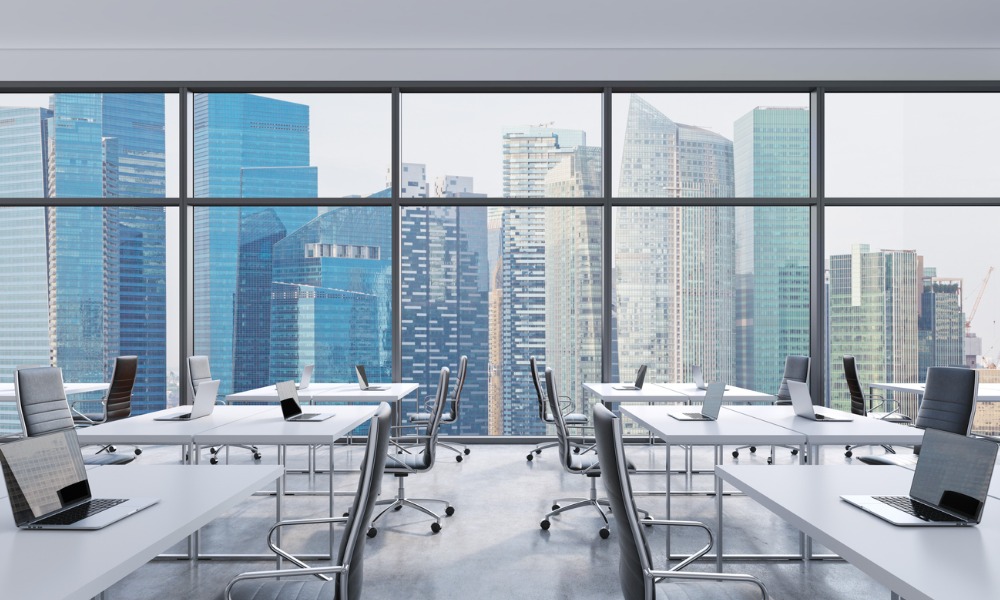Employees looking for boost in collaboration, ideation and brainstorming, as well as increased sense of belonging with RTO

Despite the widespread implementation of onsite return policies across the world, a new report has found that many offices are not ready for employees to come back.
Cisco surveyed 14,050 employees and 3,800 employers in 19 countries to look into their sentiments around office return policies.
It found that 80% of employers are mandating a full or partial return to office, with 78% expecting this arrangement to be the norm in the next two years.
The findings come amid strong resistance to office-return policies, as the workforce appreciates the flexibility they enjoyed during the pandemic.
Cisco's report, however, indicates that 72% of employees have positive feelings about returning to the office.
Office incompatibility
So, with employers and employees agreeing to office returns - why aren't more employees coming back onsite?
Cisco's report said that employees are expecting their workplaces to accommodate increased collaboration, ideation, and brainstorming, as well as increased sense of belonging when they make their office comeback.
Offices, however, don't seem to be prepared for such expectations.
"The office is not ready for them," the study stated.
According to the survey, 85% of employers said most of their office space is still allocated to personal working spaces, which create individual working environments and encourage individual working habits.
Employers also don't think their meetings rooms are effective in boosting in-office productivity, citing insufficient audio and video endpoints.
Addressing the office's shortcomings
To address the problem, 81% of employers said they have already or plan to redesign their workspace in the next 24 months.
Jeetu Patel, Cisco Executive Vice President and General Manager of Security and Collaboration, said making the office a magnet means creating experiences that employees will value.
"To achieve this, organizations must embed hybrid work solutions, infused with AI, into office spaces to foster collaborative experiences for everyone," Patel said in a statement.
This also comes as employers in the Americas (90%), Asia Pacific (84%), and Europe (85%) are saying collaboration-driven workspace enhancements are effective at attracting and retaining top talent.
Nearly three in four (73%) employers also plan to invest in AI-powered collaboration software, with 68% aiming to boost their workspaces with AI technologies.







